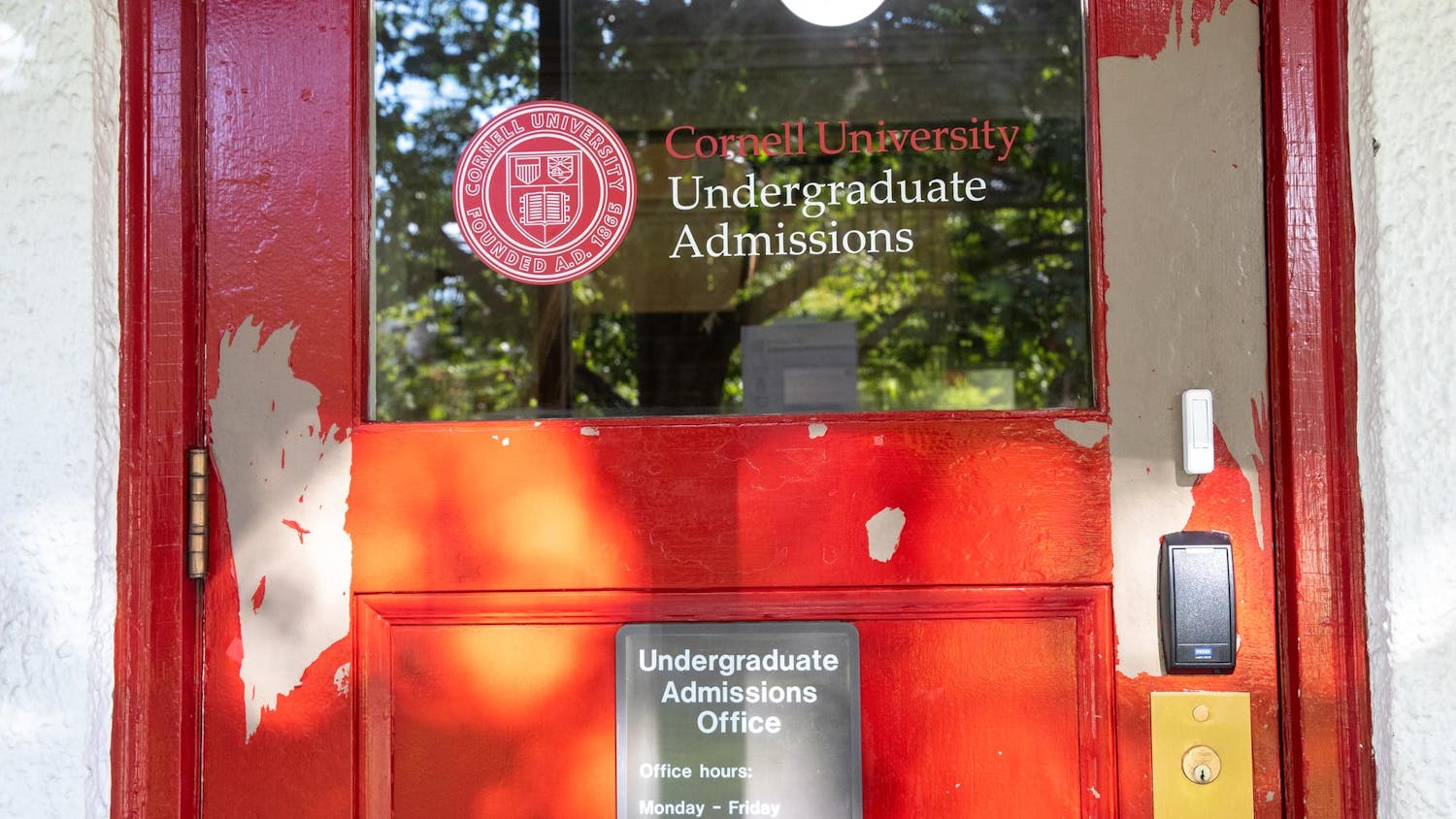Starting next fall, students will have to wait until their junior year to experience the highs and lows of off-campus life, from cooking for themselves to walking to campus from Collegetown. While living on campus as a sophomore is an exciting prospect for some, others say they’re worried about the policy shift.
Beginning fall 2022, Cornell will require all first-year and sophomore students to live in on-campus or University-affiliated housing. The policy begins to take effect for all first-years and transfer students that started at Cornell this semester.
“This is just one phase of Cornell's efforts to build a strong living and learning environment so that all students can thrive as part of a cohesive community on campus,” wrote Tim Blair, executive director of housing and residential life, in a statement to The Sun.
This policy change was made possible in part by Cornell’s Cornell’s North Campus Residential Expansion, a multi-year project meant to add enough housing — in part so that Cornell could admit more undergraduates and sophomores could be required to live on campus or in campus-affiliated housing.
Toni Morrison Hall and Ganędegǫ Hall, which currently house first-year students, will be used for sophomore housing next year, and the University will finish construction of three additional residence halls for first-year students for fall 2022.
Space in the five new dorms built through the years-long project will include approximately 800 beds for sophomore students and 1,200 for first-years. According to Blair, these additional 2,000 spots will provide more space for students to stay on campus beyond their first year.
Currently, over 60 percent of undergraduates live on-campus, with sophomores occupying West Campus, South Campus, North Campus townhouses and Greek and co-op housing.
For some students, including first-year Justin Tien-Smith ’25, this policy change will not change their housing plans for next year.
“I was planning on living on campus anyway,” Tien-Smith said. “I think that living on campus for two years is a good way to build bonds with the other students in our year.”
Others, including Chad Rubin ’25 and David Lilienfeld ’25, disagree with this policy change, saying that it limits their housing options — adding that students must wait until their junior year to maintain their own spaces and gain the independence that comes from living off campus.
“Some people don’t want to live in the classic dorm,” Rubin said. “I think that [the new policy] limits our independence, stifles our options and kind of forces us to be less adult-like.”
This change in policy is making students who want to get out of the traditional dorm arrangement think of alternatives. Sommaya Haque ’25 said she preferred to live off campus.
“Now I’m actually thinking of applying to be an RA, because then I’ll be able to kind of have the independent living style I was leaning toward,” Haque said.
Although on-campus housing was guaranteed for all sophomores for the 2021-2022 school year, some sophomores still chose to reside off campus, citing reasons including cheaper rent and forgoing a meal plan.
“Unless you were to live in a triple, my rent right now is cheaper than living on campus,” Ashley Jian ’24 said.
Jian said she decided to live off campus this year as a sophomore because she did not want to pay for the required unlimited House Meal Plan for West Campus — which costs students $6,434 per year. She prefers to cook for herself in her Collegetown apartment.
Jonah Gershon ’24, who also lives off campus as a sophomore, said the compulsory meal plan was a dealbreaker.
“I was using less than seven meal swipes a week freshman year,” Gershon said. “Having an unlimited meal plan would have been a waste.”
Students who don’t want to live in campus dorms have some flexibility in their housing. Under the new policy, sophomores in Greek life are allowed to reside in their Greek-affiliated houses, and co-op housing is also an option for students.
“Because sophomores in Greek life typically reside in Greek housing, it's not anticipated that there will be much of a change [in Greek housing],” said Max Trauring ’22, vice president of recruitment for Cornell’s Interfraternity Council.
Students can also submit exceptions to the on-campus housing requirement. Those who are married, veterans, have dependents, meet certain age requirements, transferred after two years of an on-campus residential experience at another institution or are commuters can apply for an exemption.











